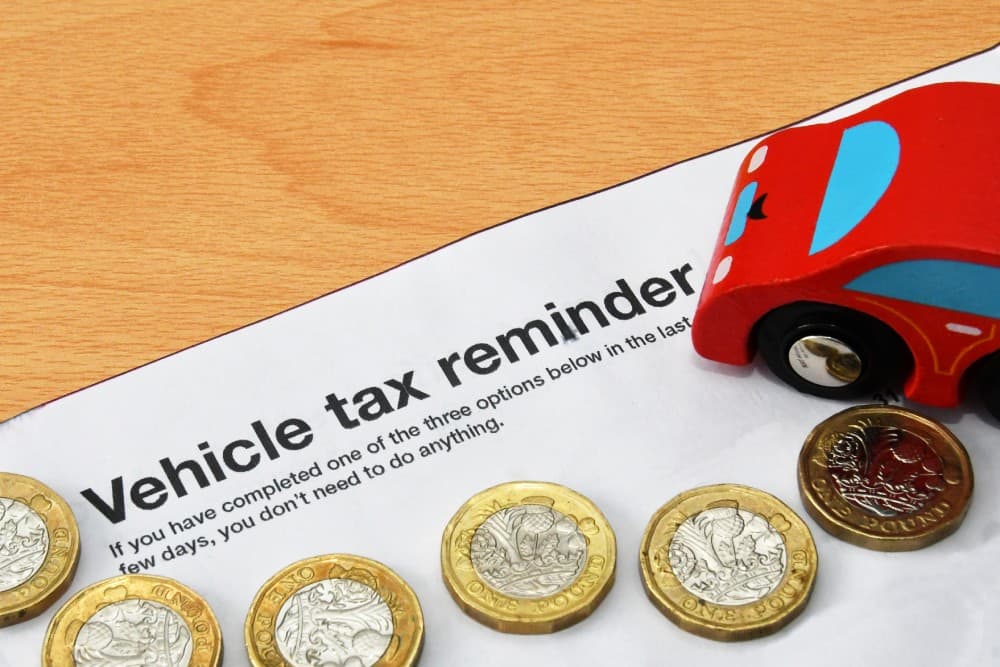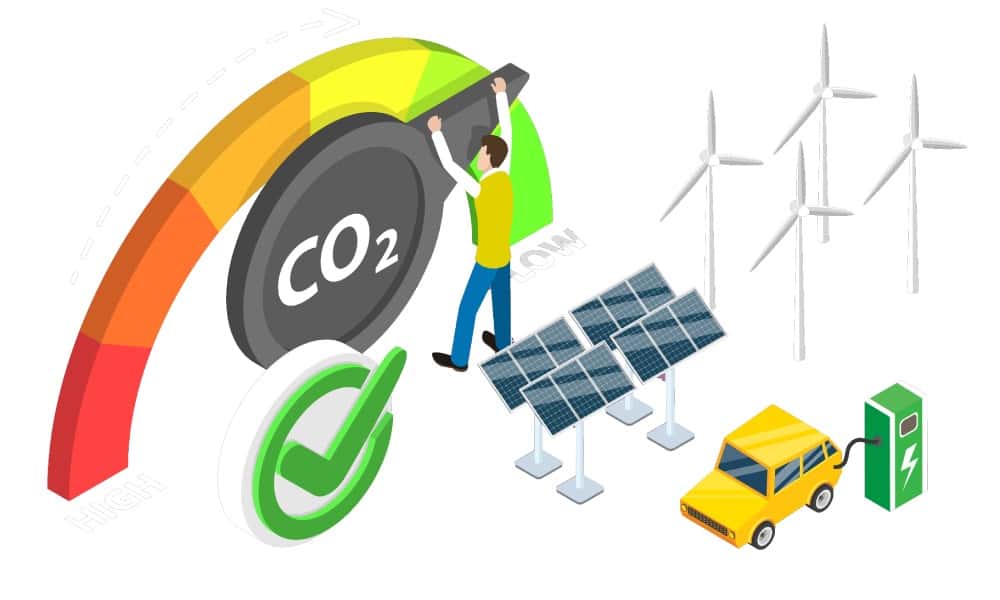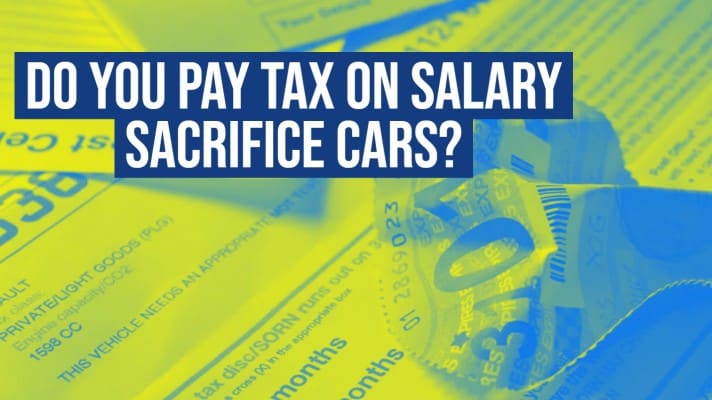Salary sacrifice schemes are a popular method for people to have new cars and a popular incentive for companies to offer to keep their workforce happy. In essence, you pay for the car in monthly instalments; however, the payment is deducted from your pay. This means you are technically taking home a smaller gross salary; hence, you can pay less tax and national insurance contributions as a result.
In exchange for the maintenance and insurance elements of the agreement, an employee will not have to pay income tax on salary sacrifice cars.
This means it is a great method of owning brand new cars for less money. However, here are a few of the more common questions about this popular company car scheme.
What Is a Salary Sacrifice Scheme?
A salary sacrifice car scheme is a way of reducing the cost of buying or leasing cars for private use, by agreeing to reduce your future pay, often in return for tax savings. This means, for example, that if you took out a salary sacrifice car scheme now then your take-home pay would fall to reflect the fact that you are now making provision for tax savings on the cost of buying a new car later.

How Does It Save Me Money On Tax?
You will often hear how salary sacrifice schemes save you money on your tax and national insurance contributions, but they don’t always explain how that actually works. Here is a quick breakdown of how you pay less tax and national insurance as a result of taking on a salary sacrifice scheme.
Less Income Tax
With part of your salary sacrificed your gross salary is reduced. Since our income tax is calculated based on our salary, if we have a lower salary, then we pay less tax.
Less National Insurance Contributions
With less income, you not only pay less tax but you also pay less national insurance. So you get good tax benefits from having a salary sacrifice car. On top of that, if you choose electric car salary sacrifice schemes you can also save even more money through fuel costs and further tax benefits as you don’t have to tax electric cars.
Do I Still Pay Income Tax with Salary Sacrifice Schemes?
You still obviously have to pay income tax and national insurance; however, you will end up paying less as your income will technically be less. For this reason, you can actually make significant savings from getting a brand new car this way. If you get electric vehicles, which are often available on salary sacrifice schemes, you will also save on tax payments, and on petrol or diesel payments. This is a cost-effective way to save money on ultra-low emissions vehicles.
Here at Fleet Evolution, we are happy to talk further about employee benefits and employer benefits when providing salary sacrifice schemes. Call us today to talk about it more.
What Are The Other Benefits Of a Salary Sacrifice Car Scheme?
You also have a ton of other benefits available to you if you choose to do a salary sacrifice scheme. Here are some of them:
No Upfront Costs
Avoid large upfront costs with car salary sacrifice schemes. With other options, like leases, finance, loans, etc. you can often get hit with heavy down payments, especially if you want to actually get a low monthly payment. With salary sacrifice cars, you avoid the upfront payments.
Environmentally Friendly Cars
Electric cars are soon becoming the dominant car choice. Electric cars are so much better for the environment and your wallet, and with salary sacrifice cars, you can make electric vehicles affordable.
Brand New Car
You get a brand new car! this means your employees are happier and your company looks better with all nice cars as part of their fleet. It is one of the most affordable ways to get a brand new electric car.

Ultra-low Emission Vehicles On Salary Sacrifice Schemes
A lot of people are shifting to low emission vehicles, for the tax breaks that they offer, the lower fuel costs, and the environmental benefits. But a lot of people still worry that the battery won’t last long enough; however, electric vehicles are a lot better than they used to be and the batteries last a lot longer now. With hybrids, you can even still have petrol or diesel in your vehicle, but with the economical benefits of electricity.
Furthermore, electric cars produce less carbon dioxide than petrol or diesel-powered vehicles because they don’t use fossil fuels to power their engines. Compared with petrol or diesel-powered vehicles, electric cars only emit a negligible amount of pollutants that contribute to climate change when in use.
Tags : electric car, electric vehicles, Salary Sacrifice, ULEV, ultra-low emission vehicle

